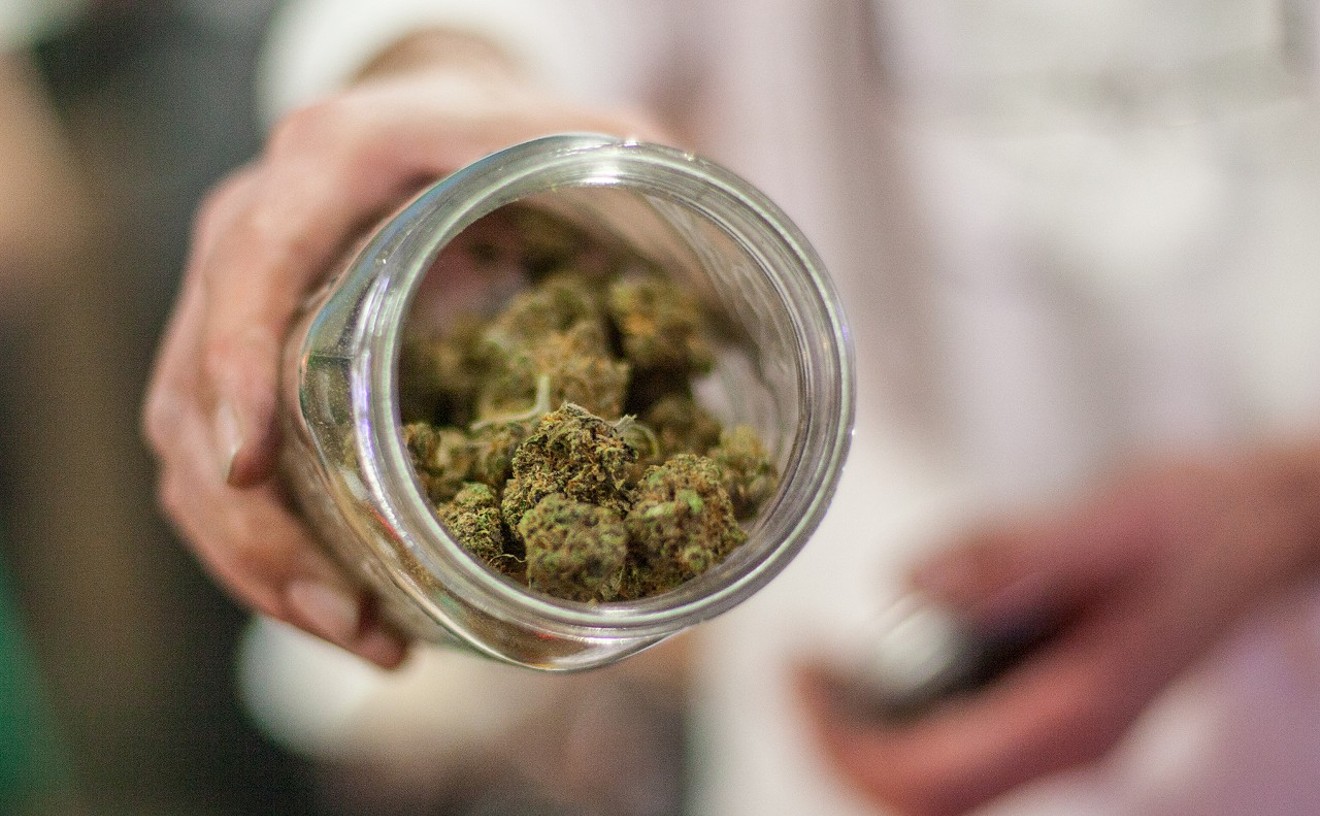An executive order allowing medical marijuana telemedicine and online dispensary payments ends today, June 11, according to announcements from the Colorado Department of Public Health and Environment and Marijuana Enforcement Division.
Both business practices are banned under state law, but were authorized in an executive order by Governor Jared Polis for over a year in response to the COVID-19 pandemic.
Telemedicine is allowed for a wide range of physician consultations in Colorado, but medical marijuana visits are prohibited. Pre-ordering marijuana products that are later paid for at the dispensary is already legal in Colorado, but paying for recreational orders online with credit, debit or pre-paid cards is banned under current law. (Medical patients are allowed to pay for their orders online, however.)
In May, a Colorado House committee killed a bill that would have made both practices legal after Polis's executive order ends, citing concerns over increasing marijuana access to teenagers. Although no research has studied a connection between teenage medical marijuana patients and illicit youth use, around 4,000 patients in Colorado are between the ages of eighteen and twenty, according to the CDPHE, and another 150 patients are between eleven and seventeen. Those numbers, as well as months of lobbying for a potency cap on commercial pot products, were enough to kill the legislative effort.
Medical marijuana telemedicine was intended to help at-risk patients during the pandemic, but also ended up benefiting families with child patients, according to several mothers of autistic children who advocated for solidifying MMJ tele-health.
"In Colorado, medical marijuana can only be recommended by health-care providers for pain, HIV, cancer, seizures, glaucoma, nausea, muscle spasms, autism or PTSD. None of these conditions requires any visual cues," argues medical marijuana physician Peter Pryor, who is now seeing his patients car-side to avoid contact.
Not every change brought by executive order is going away, however. Other business practices enacted during the pandemic to encourage social distancing, such as takeout marijuana sales as well as drive-thru and walk-up windows, were adopted by the state Marijuana Enforcement Division without statutory approval, and will remain after Polis's executive order expires.
Update: This article was updated June 14 to correct an error stating that curbside marijuana sales would remain after the executive order expired.
[
{
"name": "Air - MediumRectangle - Inline Content - Mobile Display Size",
"component": "12017618",
"insertPoint": "2",
"requiredCountToDisplay": "2",
"watchElement": ".fdn-content-body",
"astAdList": [
{
"adType": "rectangle",
"displayTargets": "mobile"
}
]
},{
"name": "Editor Picks",
"component": "17242653",
"insertPoint": "4",
"requiredCountToDisplay": "1",
"watchElement": ".fdn-content-body",
"astAdList": [
{
"adType": "rectangle",
"displayTargets": "desktop|tablet"
},{
"adType": "rectangle",
"displayTargets": "desktop|tablet|mobile"
}
]
},{
"name": "Inline Links",
"component": "18838239",
"insertPoint": "8th",
"startingPoint": 8,
"requiredCountToDisplay": "7",
"maxInsertions": 25
},{
"name": "Air - MediumRectangle - Combo - Inline Content",
"component": "17261320",
"insertPoint": "8th",
"startingPoint": 8,
"requiredCountToDisplay": "7",
"maxInsertions": 25,
"watchElement": ".fdn-content-body",
"astAdList": [
{
"adType": "rectangle",
"displayTargets": "desktop|tablet"
},{
"adType": "rectangle",
"displayTargets": "desktop|tablet|mobile"
}
]
},{
"name": "Inline Links",
"component": "18838239",
"insertPoint": "8th",
"startingPoint": 12,
"requiredCountToDisplay": "11",
"maxInsertions": 25
},{
"name": "Air - Leaderboard Tower - Combo - Inline Content",
"component": "17261321",
"insertPoint": "8th",
"startingPoint": 12,
"requiredCountToDisplay": "11",
"maxInsertions": 25,
"watchElement": ".fdn-content-body",
"astAdList": [
{
"adType": "leaderboardInlineContent",
"displayTargets": "desktop|tablet"
},{
"adType": "tower",
"displayTargets": "mobile"
}
]
}
]












